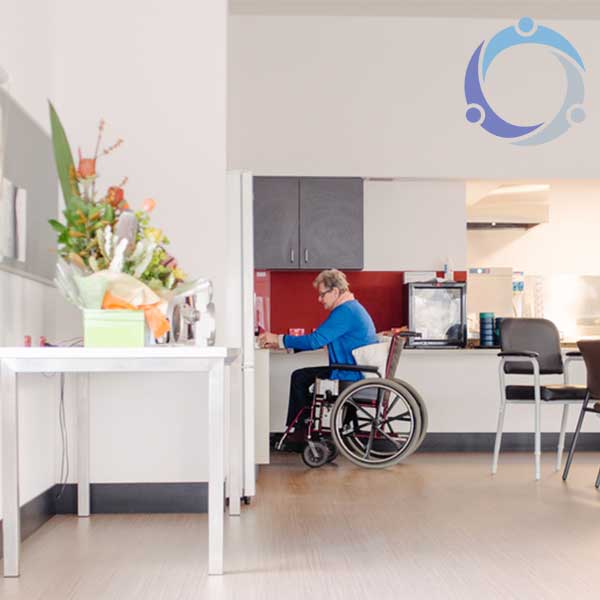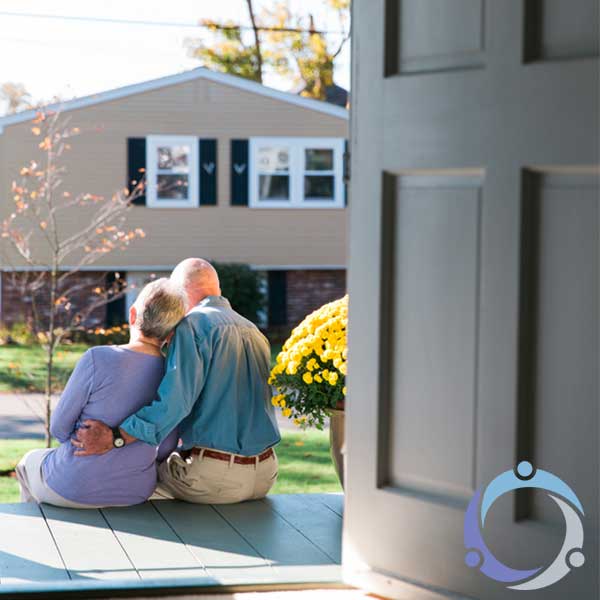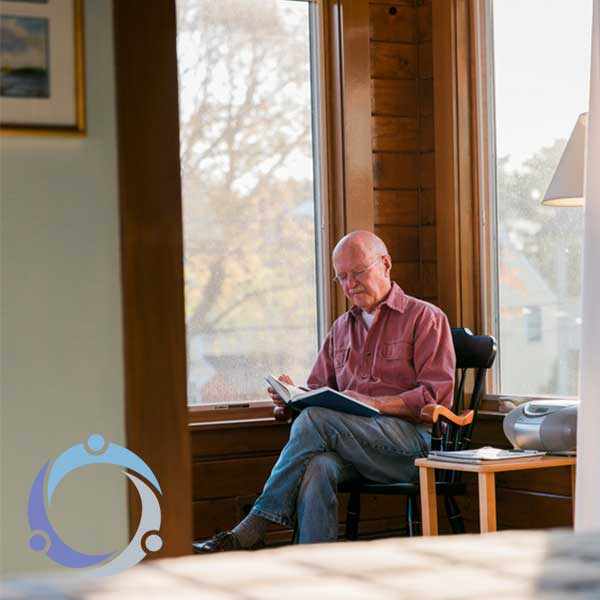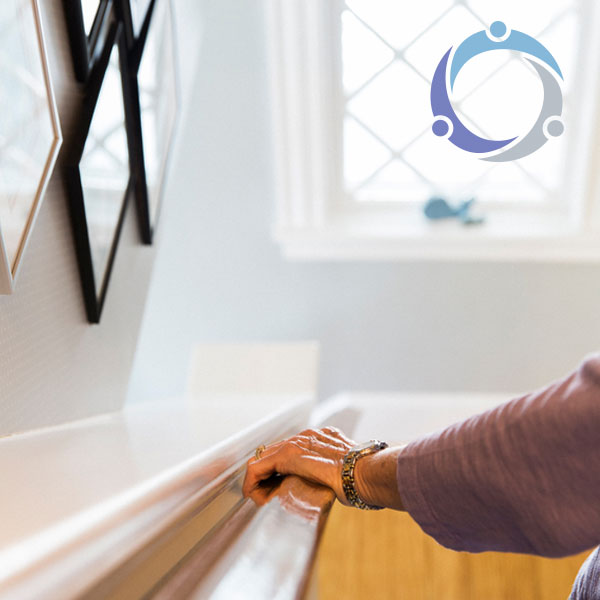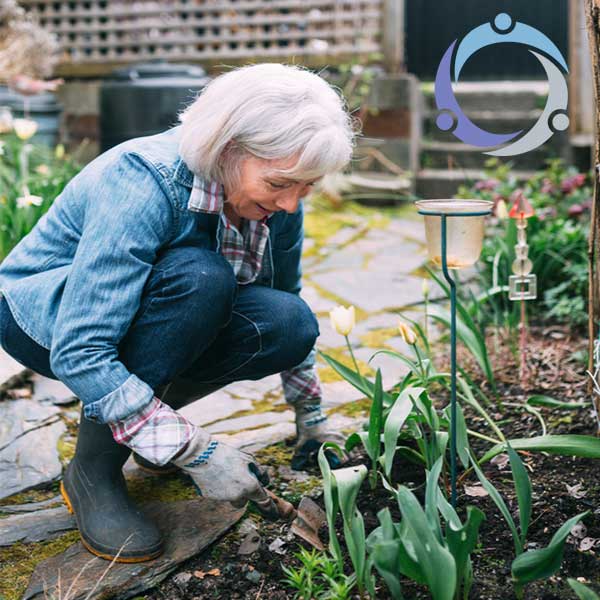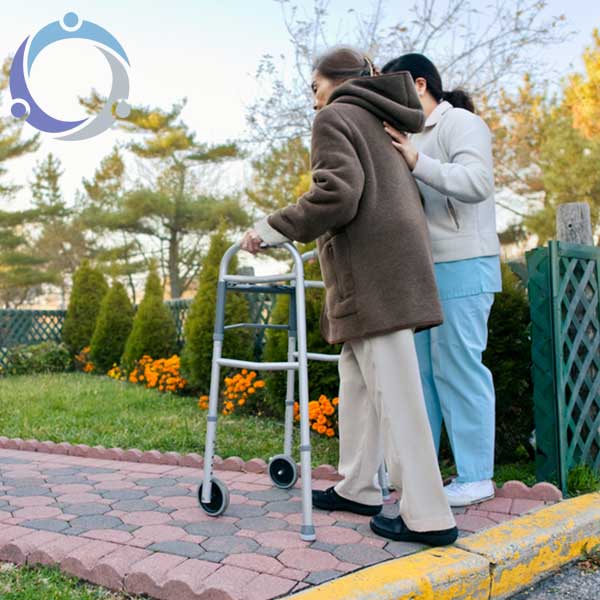
A Brief Introduction to Elderly Home Care
Contributed by Haley Burress
Most aging adults would love the opportunity to stay in their home for as long as possible. However, increased physical and cognitive ailments can sometimes make staying at home seem impossible. If your loved one is struggling with remaining safe at home, or if you are living there too and need some additional help throughout the week, elderly home care is an option to explore. Here is a quick lowdown on what you need to know as you decide if elderly home care is for you and your family.


